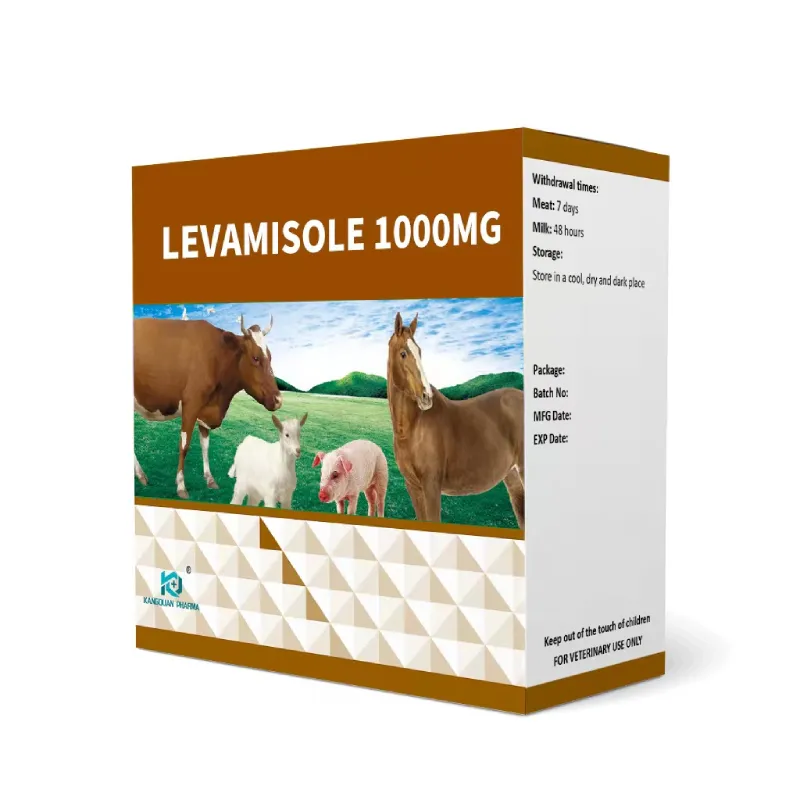- Afrikaans
- Albanian
- Amharic
- Arabic
- Armenian
- Azerbaijani
- Basque
- Belarusian
- Bengali
- Bosnian
- Bulgarian
- Catalan
- Cebuano
- Corsican
- Croatian
- Czech
- Danish
- Dutch
- English
- Esperanto
- Estonian
- Finnish
- French
- Frisian
- Galician
- Georgian
- German
- Greek
- Gujarati
- Haitian Creole
- hausa
- hawaiian
- Hebrew
- Hindi
- Miao
- Hungarian
- Icelandic
- igbo
- Indonesian
- irish
- Italian
- Japanese
- Javanese
- Kannada
- kazakh
- Khmer
- Rwandese
- Korean
- Kurdish
- Kyrgyz
- Lao
- Latin
- Latvian
- Lithuanian
- Luxembourgish
- Macedonian
- Malgashi
- Malay
- Malayalam
- Maltese
- Maori
- Marathi
- Mongolian
- Myanmar
- Nepali
- Norwegian
- Norwegian
- Occitan
- Pashto
- Persian
- Polish
- Portuguese
- Punjabi
- Romanian
- Russian
- Samoan
- Scottish Gaelic
- Serbian
- Sesotho
- Shona
- Sindhi
- Sinhala
- Slovak
- Slovenian
- Somali
- Spanish
- Sundanese
- Swahili
- Swedish
- Tagalog
- Tajik
- Tamil
- Tatar
- Telugu
- Thai
- Turkish
- Turkmen
- Ukrainian
- Urdu
- Uighur
- Uzbek
- Vietnamese
- Welsh
- Bantu
- Yiddish
- Yoruba
- Zulu
Nov . 27, 2024 11:24 Back to list
Ivermectin Injection Usage and Safety for Cats in Veterinary Practice
Ivermectin Injection for Cats An Overview
Ivermectin is a widely recognized antiparasitic agent that has gained attention for its efficacy in treating various parasitic infections in animals, including cats. Originally developed for veterinary use, it has proven to be a valuable medication in the management of certain parasites that affect felines. This article provides an overview of how ivermectin works, its uses in cats, safety considerations, and the potential side effects.
What is Ivermectin?
Ivermectin is a member of the avermectin family of medications, derived from the bacterium *Streptomyces avermitilis*. It operates by binding to specific ion channels in the nervous system and muscle cells of parasites, which results in paralysis and death of the organisms. This mechanism of action makes ivermectin effective against a range of parasites, including mites, roundworms, and certain types of lice.
Uses of Ivermectin in Cats
In cats, ivermectin is primarily used for treating conditions caused by external and internal parasites. Some common applications include
1. Ear Mites Ivermectin can be used to treat infestations of ear mites, which can cause itching, inflammation, and secondary infections in a cat's ears.
2. Demodectic Mange Caused by the *Demodex* mite, this condition can lead to hair loss and skin irritation. Ivermectin is utilized to eliminate the mites responsible for this skin issue.
4. Gastrointestinal Parasites Ivermectin is sometimes used to treat gastrointestinal parasites, such as roundworms and hookworms, contributing to overall health in affected cats.
ivermectin injection for cats

Safety Considerations
While ivermectin can be beneficial, it is essential to use it under the guidance of a veterinarian. Cats are particularly sensitive to ivermectin, and incorrect dosages can lead to toxicity and severe health issues. The safety profile can be influenced by several factors, such as the cat's age, weight, breed, and overall health. For instance, certain breeds, such as Collies and Old English Sheepdogs, are known to have a genetic mutation that affects their ability to metabolize ivermectin, making them more at risk for toxicity. However, this genetic predisposition does not apply to cats.
Before administering ivermectin, a thorough veterinary assessment is crucial. This evaluation may include considering underlying health conditions, current medications, and the presence of any contraindications.
Possible Side Effects
The use of ivermectin in cats is generally safe when properly administered, but side effects can occasionally occur. Common adverse effects may include
- Lethargy Cats may become unusually tired or less active after the injection. - Vomiting or Diarrhea Gastrointestinal upset can occur as a response to the medication. - Seizures In cases of overdose or hyper-sensitivity, seizures may occur, necessitating immediate veterinary care. - Ataxia Cats may exhibit uncoordinated movements or difficulty standing.
If any harmful side effects are noted after administering ivermectin, it is crucial to contact your veterinarian immediately for advice.
Conclusion
Ivermectin injection can be an effective treatment for various parasitic infections in cats when used correctly. It is vital for cat owners to consult with their veterinarians before starting treatment to ensure the health and safety of their pets. Proper dosages, monitoring, and recognition of side effects are essential steps in employing ivermectin safely. With appropriate care, ivermectin can play a valuable role in maintaining a cat's health and quality of life by managing and preventing parasitic infections.
-
Guide to Oxytetracycline Injection
NewsMar.27,2025
-
Guide to Colistin Sulphate
NewsMar.27,2025
-
Gentamicin Sulfate: Uses, Price, And Key Information
NewsMar.27,2025
-
Enrofloxacin Injection: Uses, Price, And Supplier Information
NewsMar.27,2025
-
Dexamethasone Sodium Phosphate Injection: Uses, Price, And Key Information
NewsMar.27,2025
-
Albendazole Tablet: Uses, Dosage, Cost, And Key Information
NewsMar.27,2025













